Air Canada
Air Canada is the flag carrier of Canada, and the second largest and longest-serving international air carrier in North America. Air Canada is the world's 8th largest airline, providing service to over 155 destinations. Air Canada is the second largest airline in Canada, the largest international air carrier in Canada and largest provider of scheduled passenger services in the country.
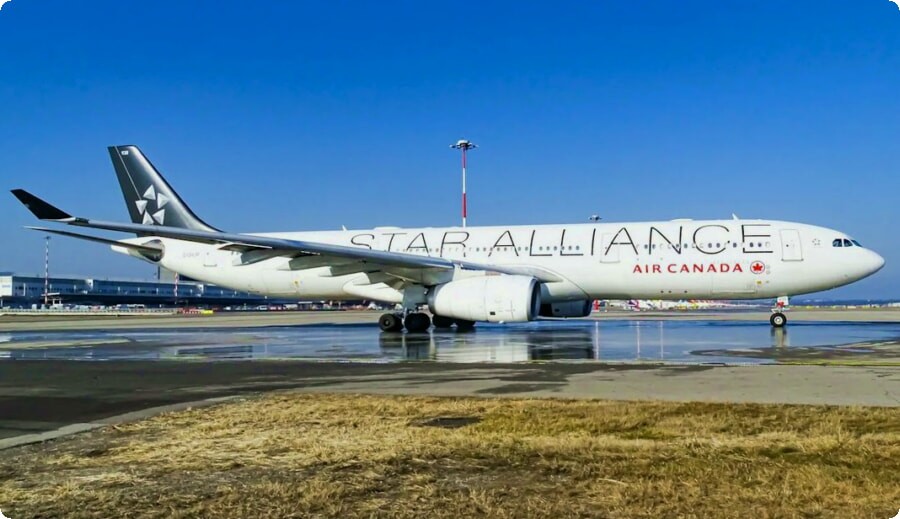
The headquarters of the company are in Montreal, Quebec. The company employs one of the largest commercial fleets in the world. It operates a fleet of over 300 aircraft to destinations on six continents. Air Canada's corporate headquarters are located in Montreal, Quebec, while its largest hub is at Toronto Pearson International Airport.
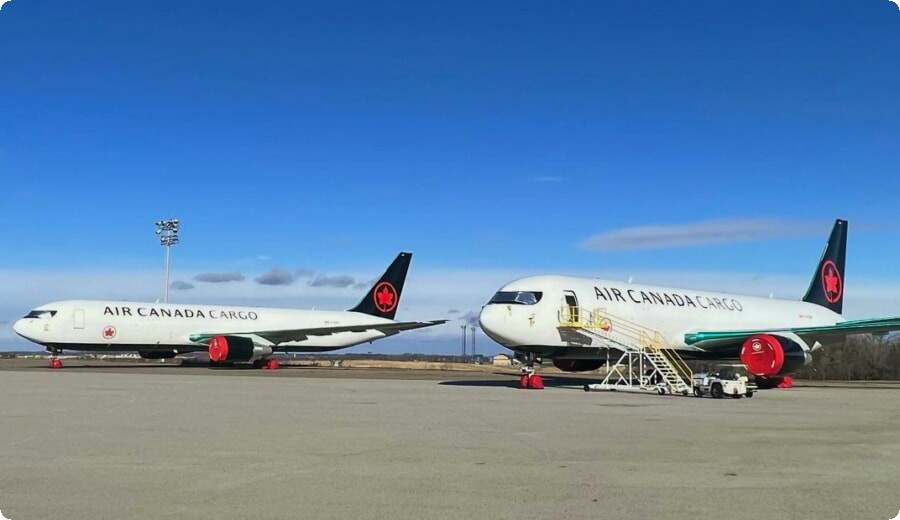
Air Canada was originally formed as Trans-Canada Airlines (TCA) by Canadian Pacific Railway (CPR), Imperial Oil, and other private investors in 1923. In 1965 it became known as Air Canada following approval from its shareholder governments including those of British Columbia and Ontario; at that time TCA operated only within those two provinces whereas today both airlines enjoy broad national networks spanning most major cities across Canada with connections to many other countries around the world via their codeshare partners such as Lufthansa Group Airlines (LHG) which includes Austrian Airlines AG & Swiss International Air Lines AG among others.
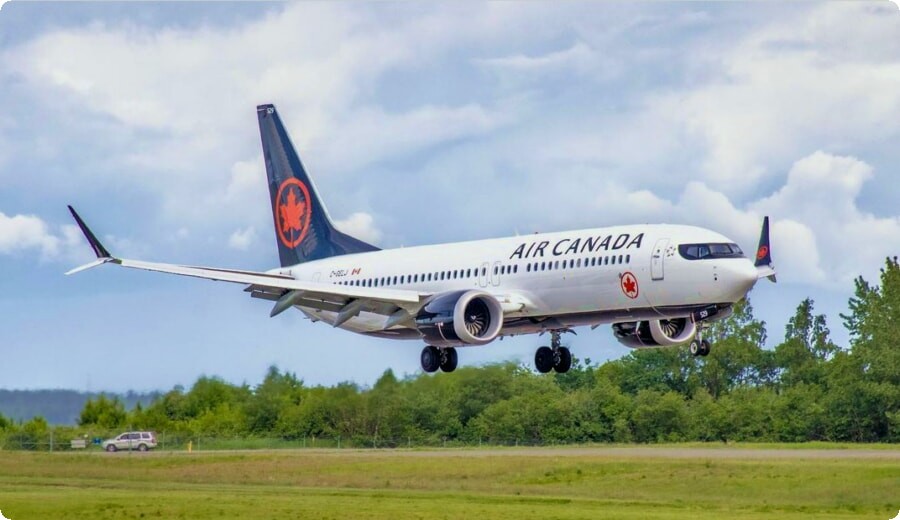
Air Canada is the world's 8th largest airline, providing service to over 155 destinations. It has more than 11,000 employees and operates more than 300 aircraft across three brands: Air Canada mainline; Rouge (its leisure airline); and Air Canada Express.
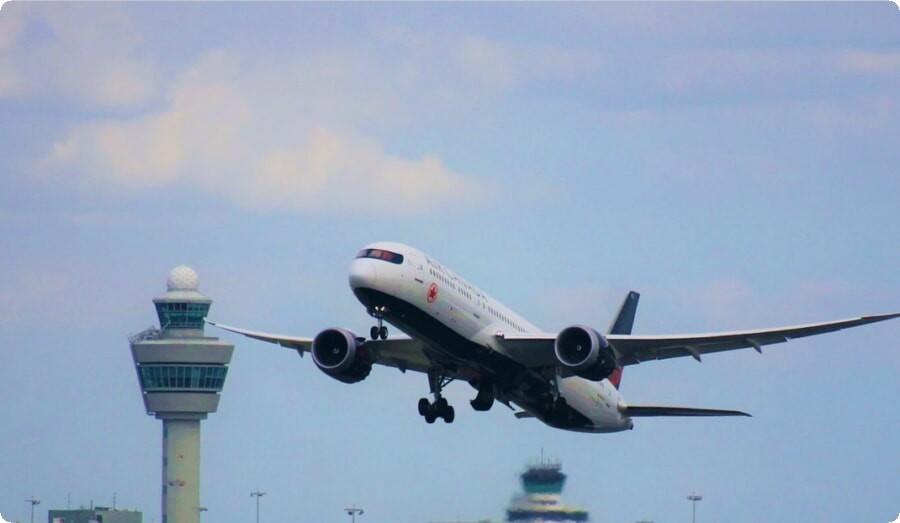
Air Canada's main competitor is WestJet Airlines Ltd., which operates out of Calgary International Airport and serves an additional 120+ international destinations from its base there. Other airlines with similar size networks include American Airlines Group Inc., Delta Air Lines Inc., United Continental Holdings Inc., Virgin Atlantic Airways Ltd., Qantas Airways Ltd..
Air Canada operates an extensive domestic network from its hubs at Toronto Pearson International Airport (YYZ), Montreal-Trudeau International Airport (YUL) and Vancouver International Airport (YVR). The airline also serves destinations throughout Europe via codeshare agreements with Aer Lingus/Iberia Airlines; Air France/KLM Royal Dutch Airlines; AviancaTACA Colombia S.A.; British Airways/Iberia Airlines; Delta Air Lines Inc.; Icelandair Group PLC; JetBlue Airways Corporation; KLM Royal Dutch Airlines N.V./Sara Lee Corporation.
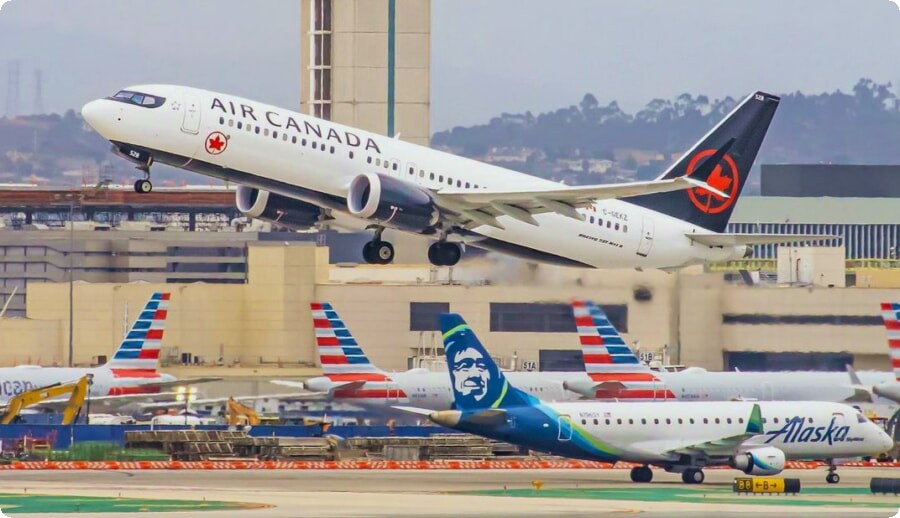
The company's head office is located at 2900 Rene-Levesque Boulevard East on the grounds of Montréal-Trudeau International Airport. The complex consists of two buildings: one for offices and another for maintenance facilities that includes hangars and a simulator centre. It also contains an executive conference centre which can accommodate up to 600 people and has hosted conferences such as World Economic Forum meetings.
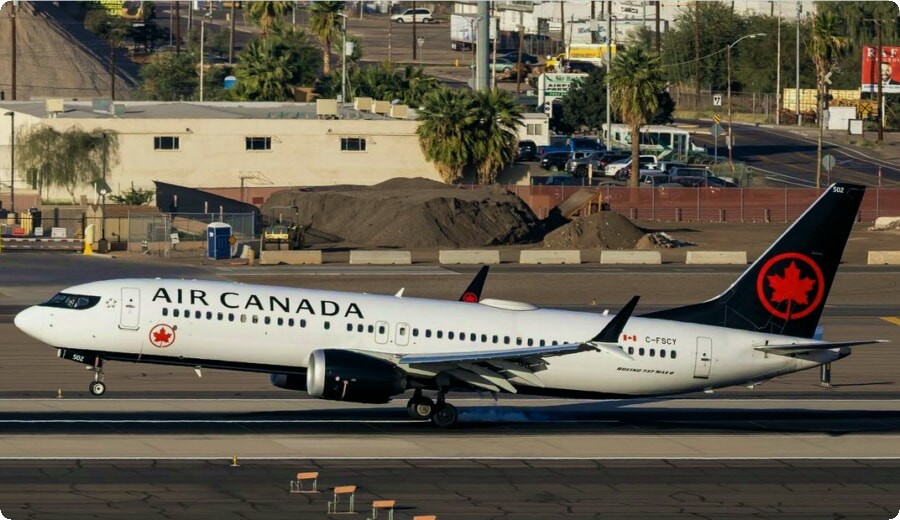
The airport was originally known as Dorval Airport until it was renamed Montréal-Mirabel International Airport (IATA: YMX) when it opened on October 14 1978 by then Prime Minister Pierre Elliott Trudeau; however due to financial problems with its operator Aéroports de Montréal (ADM) it ceased operations in 2004 after only 15 years in service.[2][3] This led ADM into bankruptcy protection resulting in its assets being sold off including those related specifically towards air transportation such as landing slots/rights et cetera.
Air Canada has a fleet of approximately 200 aircraft, including 10 Boeing 787 Dreamliners, 16 Boeing 777-300ERs and 30 Boeing 737 MAX 8s. The airline also operates 15 Boeing 737 MAX 10s (the first delivery took place in March this year) as well as 21 of its older 737 models (which are being phased out).
Air Canada provides great service, a growing network and new airplanes! It operates to destinations in Canada and on behalf of other airlines to Europe, North America and Asia.
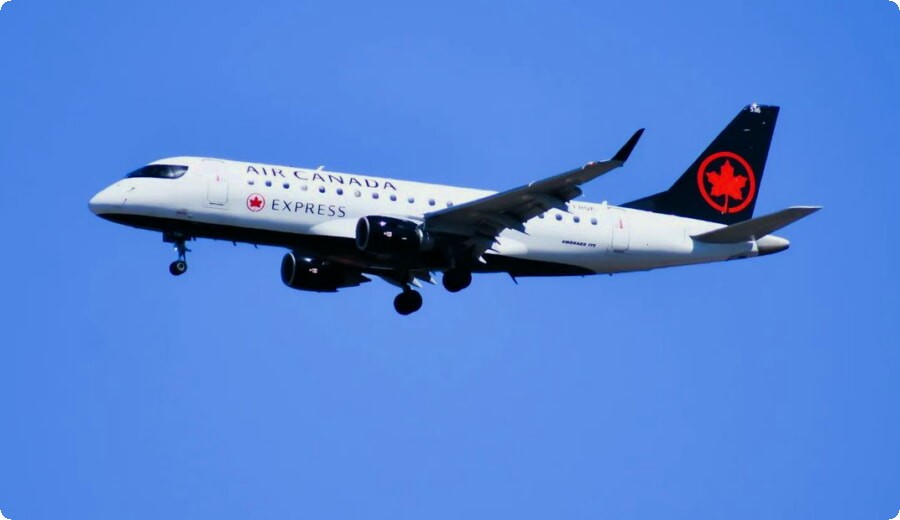
Its first flight was made on May 1, 1937 with a biplane named Silver Dart; it became a national institution as it carried thousands of eager Canadian travellers across the Atlantic Ocean before being sold off to United States interests in 1951.
In 1965, Air Canada's transatlantic service was cut back to a daily service between Montreal and London Heathrow Airport. The airline continued to operate its Douglas DC-8 fleet on domestic routes and smaller aircraft such as the Fairchild F-27 turboprop (which had been introduced in 1964) on shorter routes like those between Vancouver, Calgary, Edmonton and Winnipeg.
In 1987, Air Canada was privatized by being divided up into six regional companies under federal legislation called the Canadian Transportation Act. This act allowed for further decentralization of the airline industry and also increased competition between airlines as they competed for passengers by offering more frequent service at lower prices.
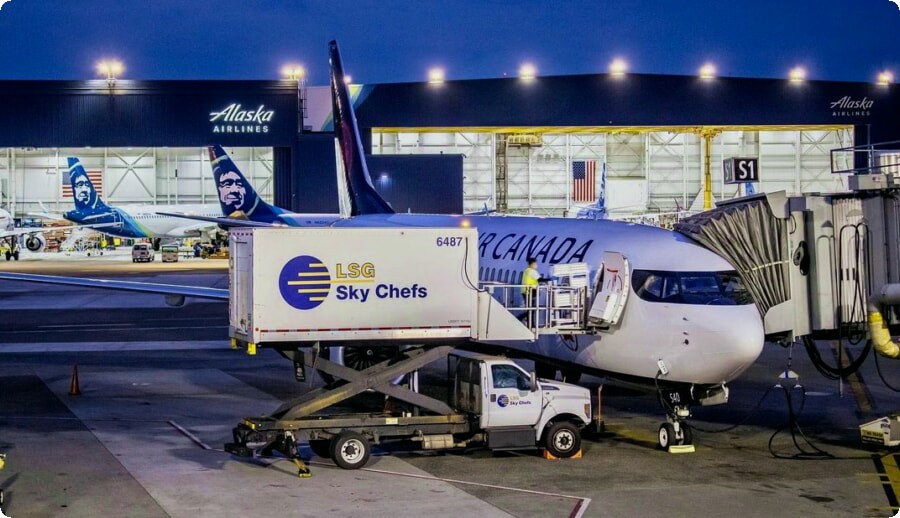
In 1989, the airline began code-sharing operations with United Airlines and Delta Air Lines on transatlantic routes from Toronto to New York City and Detroit in addition to its existing code-sharing agreement with American Airlines on flights from Vancouver that continued on to Honolulu, Hawaii via Los Angeles.
Code-sharing is a common practice in the airline industry. It allows two or more airlines to share the same flight and sell seats under their own brands, while still operating as one entity. Code-sharing agreements give passengers access to more destinations than they would otherwise have, because it means that airlines can offer flights on routes where they might not fly directly.
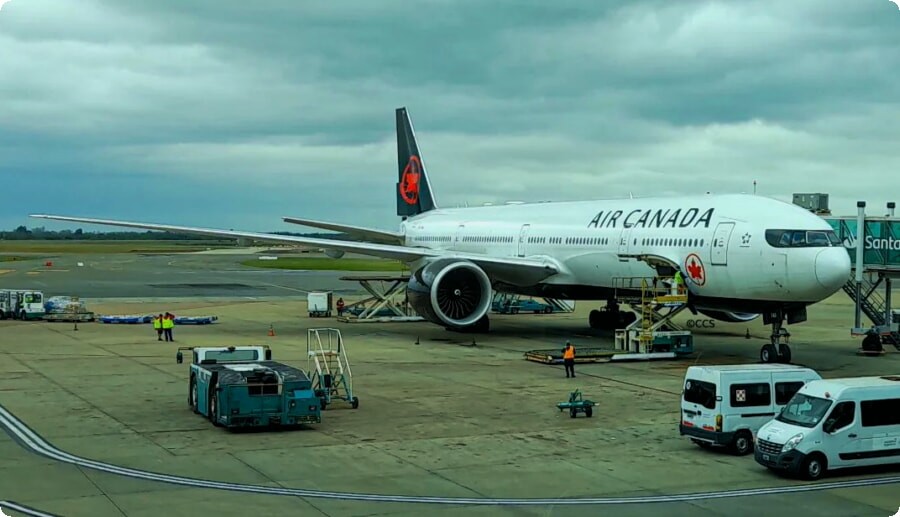
For example, if you want to take an Air Canada flight from Vancouver to Honolulu but don't want to stopover in Los Angeles on your way there (and vice versa), you can book your ticket through Delta Airlines instead of directly with Air Canada or Hawaiian Airlines--both are members of SkyTeam Alliance along with Delta Airlines so they have an agreement allowing them access into each others' networks via their codeshare partners' flights without having any direct service between those cities themselves.
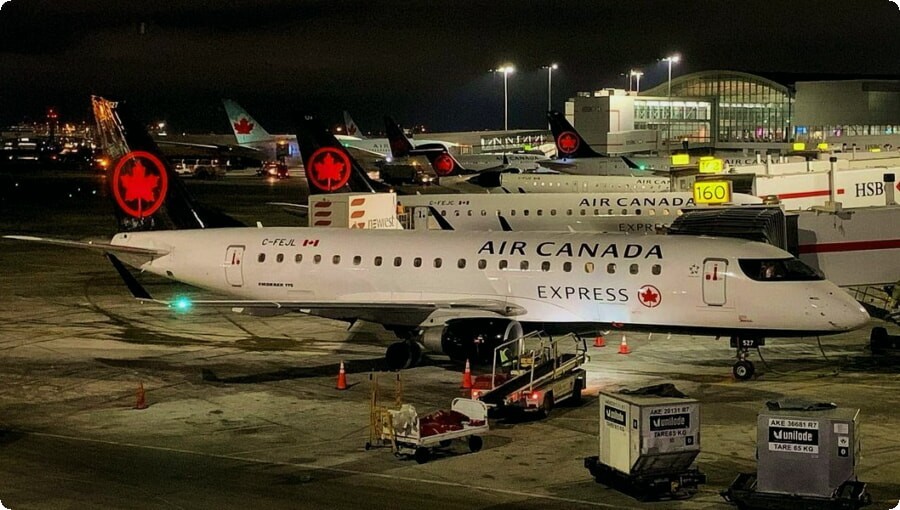
The legislation provided for further decentralization by permitting competitive local markets between Canadian cities without inter-provincial barriers (such as restrictions on jet service) through entry by domestic airlines or deregulation by existing carriers operating turboprop aircraft within their regional domains.
Air Canada is a great airline, with a lot of history and experience. It's also a good choice for Canadians who want to fly internationally.